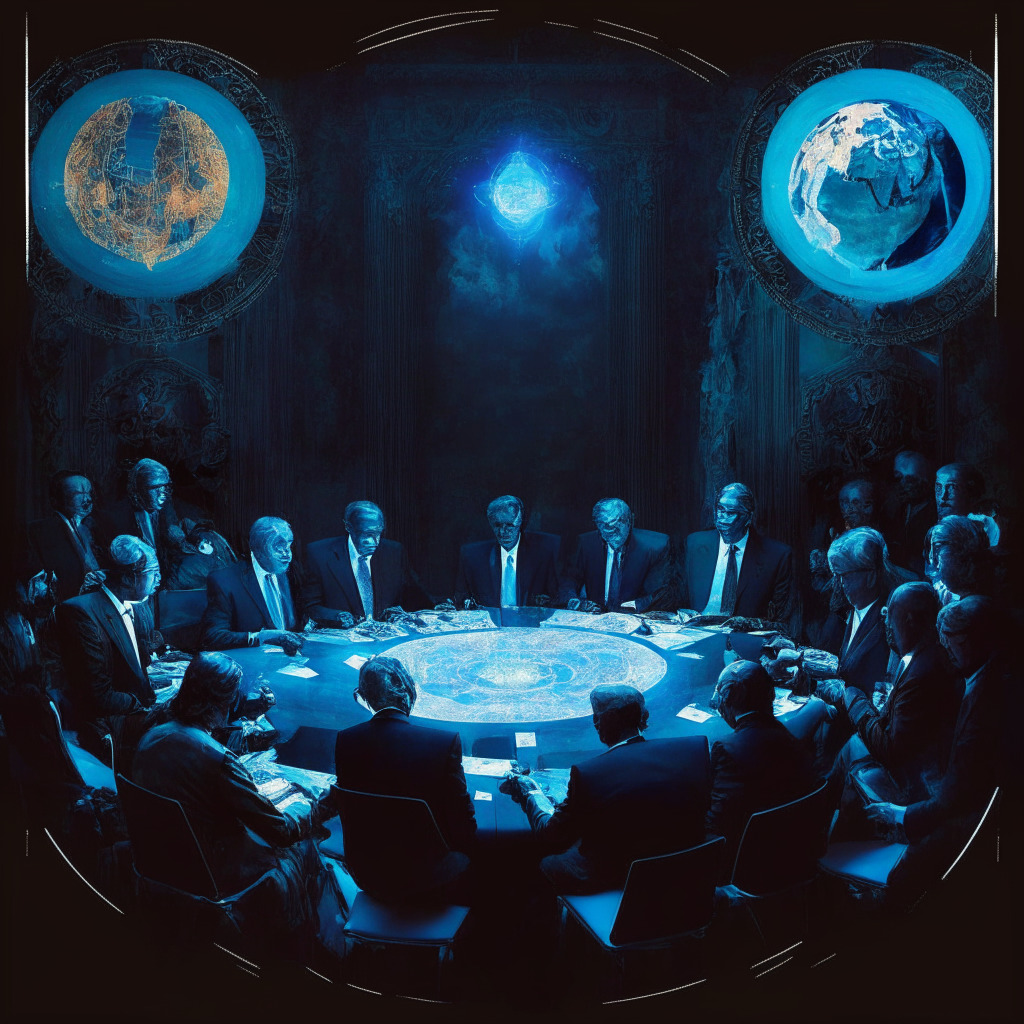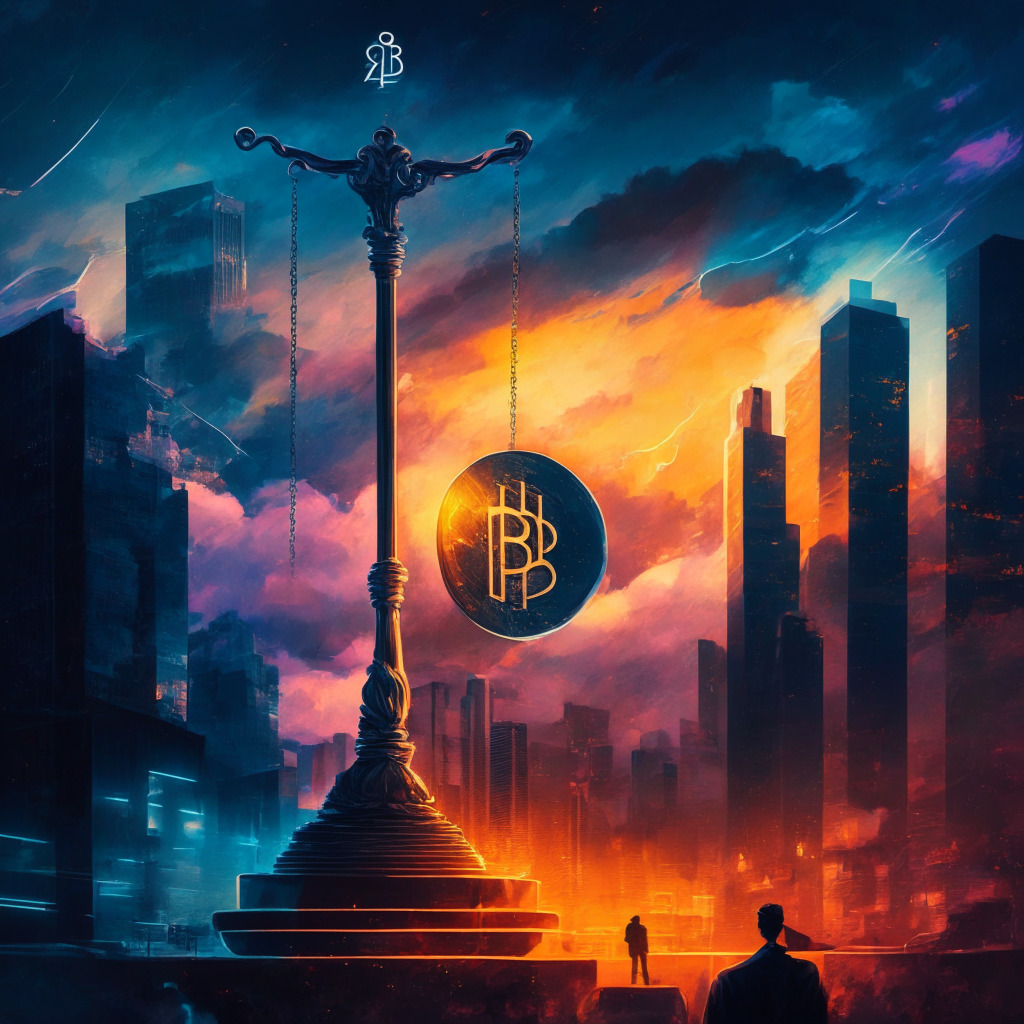The potential dangers of generative AI have once again become a hot topic among world leaders, with the Secretary-General of the United Nations, António Guterres, joining the canorus of voices advocating for regulations on this technology. Guterres has taken the recent calls of developers and experts surrounding the existential threat of AI to humanity, which they compare to the risk of nuclear war, very seriously. These concerns also echo the sentiments found in the UN’s recent report “Information Integrity on Digital Platforms,” which emphasizes the need for responsible AI use and warns against the impact of deepfakes in conflict zones.
In an attempt to address these issues, the European Parliament has recently passed the world’s first-ever AI legislation, hoping to take a leading role in digital innovation. Although he recognizes the urgency in dealing with AI, Guterres also emphasizes the value in not diverting attention from the existing damages caused by digital technology, such as the rise of hate speech and misinformation online. He points out that these problems are causing immediate global harm, fueling conflicts, undermining public health, and threatening democracy.
To tackle AI-related initiatives, Guterres has proposed the creation of an AI advisory board with members that include experts and UN scientists from various organizations such as the International Telecommunication Union (ITU) and the Educational, Scientific and Cultural Organization (UNESCO). He also acknowledges the potential in forming an AI agency, taking inspiration from the International Atomic Energy Agency (IAEA) and its role in overseeing global nuclear activities.
Sam Altman, the CEO of OpenAI, has also voiced his support for regulating AI by recommending the establishment of a government office responsible for setting standards for its development. He envisions a new agency that could issue and revoke licenses based on adherence to safety standards and require an independent audit of AI technology. However, this approach also highlights the challenge of limited UN investment in public administration, as any actions taken will depend on the initiative of member states and the cooperation of all parties involved.
In the wake of OpenAI’s GPT-4 release in March, the Future of Life Institute launched an online petition urging for a six-month pause on AI systems training. This petition has garnered support from influential industry figures such as Tesla CEO Elon Musk and Apple co-founder Steve Wozniak. This demonstrates the growing consensus on the importance of addressing the potential risks that AI poses and finding a balance between technological advancements and the safety of humanity.
Source: Decrypt




